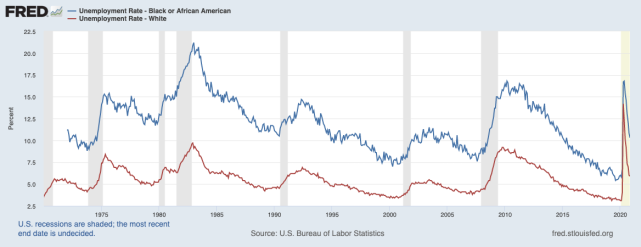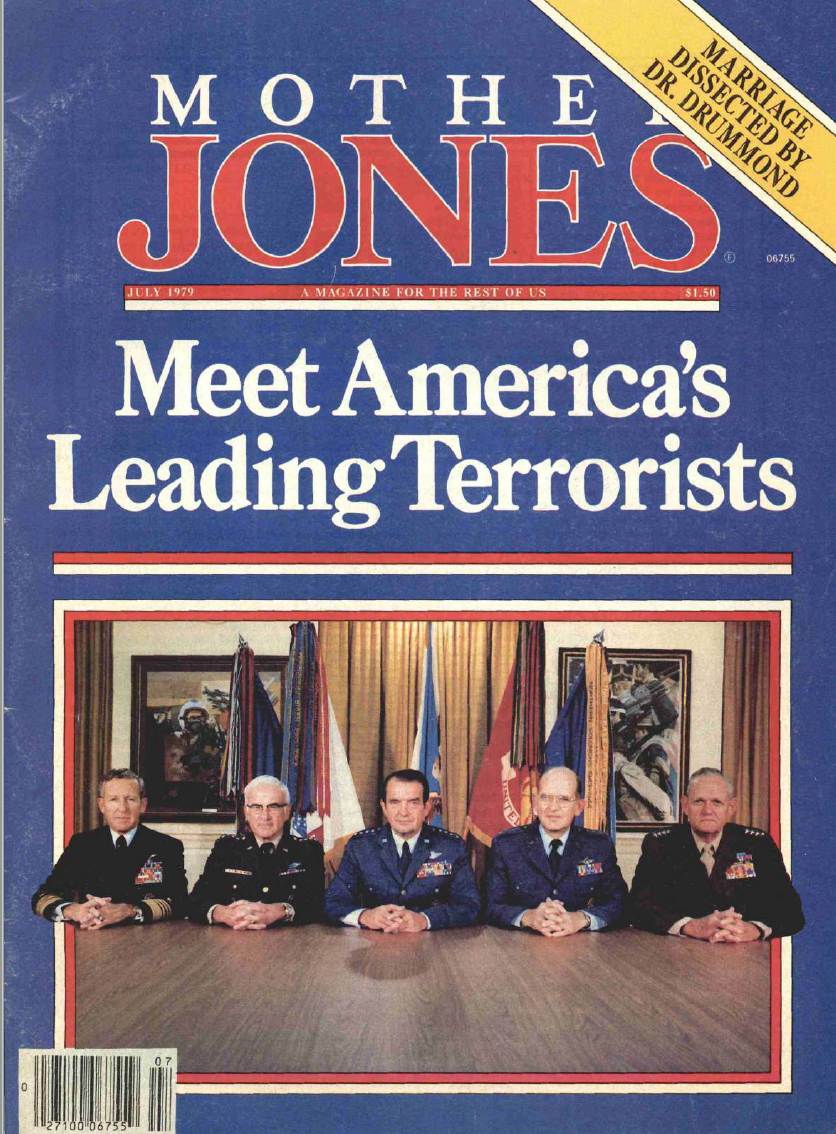Who in their right mind throws a soda at someone working in a fast-food restaurant’s drive-thru window—a worker who is six-months pregnant, during a pandemic, no less—all because they didn’t want ice in that drink? Tips rolled in from across the world after a witness saw what happened and asked if she could help. She’d approached the worker in suburban Atlanta, saw that she was shaken and soaked, and offered to support her. A social media post drew a huge response, reported by Tricia Escobedo of CNN. “I have a surprise for you,” the witness told the worker before mailing an envelope of cash.
“She gave me the envelope and I couldn’t do nothing but cry because I wasn’t expecting that,” the worker said. A hat tip to Escobedo for amplifying the story. I’d shared this summer the news of a customer berating a barista for asking her to wear a mask, followed by $32,000 in tips; a $1,300 tip for a Texas server; an Arkansas worker landing a customer’s $1,200 stimulus check; bakery workers scoring a $1,000 tip in Florida; $93,000 for a server who’d defended customers on the receiving end of drunkenly spewed racist comments by another customer; $3,000 on a $124 tab for a New Orleans bartender; $1,600 on a $99 tab in Ottawa; $1,000 on a $43 tab at a New Jersey restaurant; $330 from one server to another; and a pizza deliverer welcoming $100 on a less-than-$30 tab.
But the underlying pay structures, working conditions, and health care access aren’t equitable or sustainable, giving occasion to these headlines in the first place. If you have stories of support and solidarity, send them this way: recharge@motherjones.com.







